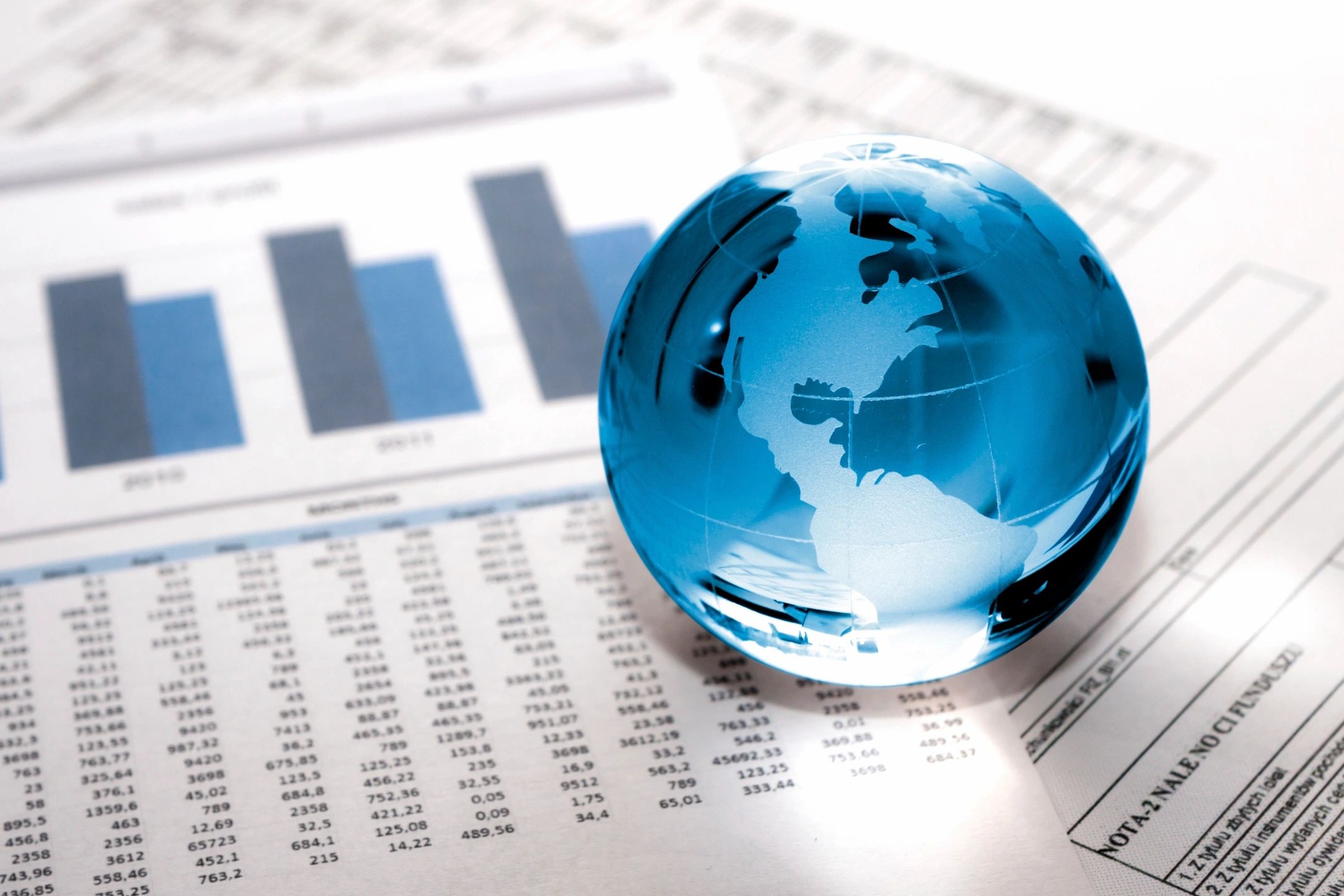U.S. Inflation Rises in January, Delaying Potential Fed Rate Cuts
Inflation in the U.S. accelerated last month, with rising costs for groceries, gasoline, and rent posing fresh challenges for families and businesses. The latest report from the Labor Department revealed that the consumer price index (CPI) increased by 3% in January compared to a year ago, up from 2.9% in December. Inflation has remained above the Federal Reserve’s 2% target for the past six months after previously declining for over a year.
The persistent inflation complicates economic policy and has become a key political issue. President Joe Biden faces criticism over high prices, while former President Donald Trump has pledged to cut costs if re-elected. However, economists warn that Trump’s proposed tariffs could temporarily drive prices even higher.
Stock markets reacted negatively to the inflation report, with the Dow dropping 400 points mid-day on Wednesday. Bond yields also rose, signaling expectations that inflation and interest rates will remain elevated. “We’re really not making progress on inflation right now,” said Sarah House, senior economist at Wells Fargo, emphasizing the likelihood of the Fed maintaining its current rate stance.
While inflation often rises in January due to annual price adjustments, analysts suggest that this increase is more than a seasonal blip. Consumer spending, particularly among wealthier households, remains strong, giving businesses little incentive to lower prices. Additionally, much of the inflation decline in 2023 was driven by supply chain improvements, a trend that has now stabilized.
Rising Costs Across Key Sectors
Excluding volatile food and energy prices, core inflation rose 3.3% in January from a year earlier, up from 3.2% in December. On a monthly basis, overall prices jumped 0.5%, marking the highest increase since August 2023. Core prices climbed 0.4%, the steepest rise since March 2024.
Grocery costs surged, increasing by 0.5% in January alone, with egg prices spiking 15.2%—the highest monthly jump since June 2015. This surge is largely due to an avian flu outbreak that led to the culling of 40 million birds in December and January, prompting grocery stores to impose limits on egg purchases.
Other rising costs include:
- Car insurance: Up 2% from December to January.
- Hotel prices: Increased 1.4% last month.
- Gasoline: Prices rose 1.8%.
Business Concerns Over Tariffs and Rising Costs
Trump’s tariff policies are already affecting businesses like Abt, a consumer electronics retailer in Illinois. Vice President of Operations Phil Hannon expects to raise prices by 3% to 15% as early as March due to tariffs on steel, aluminum, and other goods. Vendors have warned of price hikes, prompting Abt to secure supply orders for up to 90 days in advance.
Consumers are also bracing for higher costs, with many rushing to purchase big-ticket items like washing machines before the tariffs take effect. Market strategists warn that prolonged uncertainty over tariffs could dampen business confidence, potentially slowing hiring and investment.
Federal Reserve’s Stance on Inflation
Federal Reserve Chair Jerome Powell reiterated in congressional testimony that while the Fed has made “great progress” on inflation, more work remains. The central bank plans to keep interest rates restrictive for now, aiming to curb inflation while monitoring economic conditions.
Although inflation has significantly declined from its peak of 9.1% in June 2022, it remains high enough to delay potential rate cuts. The Fed’s benchmark rate, which influences borrowing costs for mortgages, credit cards, and other loans, currently sits at a two-decade high of 5.3%.
Trump has called for lower interest rates, arguing they should coincide with upcoming tariffs. However, the latest inflation data makes rate cuts less likely in the near future.
Looking Ahead
A notable concern among economists is the rising cost of goods, excluding food and energy, which increased 0.3% in January. Prices for cars, furniture, and appliances had been stabilizing, but are now creeping up even before new tariffs are implemented.
With Trump advocating for expanded tariffs on steel, aluminum, and foreign goods, inflationary pressures could persist. Powell acknowledged that tariffs can drive inflation higher, but their impact will depend on the extent and duration of the policies.
As businesses and consumers navigate these economic challenges, the Fed faces a delicate balancing act—taming inflation without stifling economic growth.



